Mitral Valve Prolapse Syndrome Dysautonomia
Mitral valve prolapse syndrome dysautonomia. The dysautonomia is caused by having stretchy blood vessels gut etc hence symptoms like low blood pressure fainting migraine irritable bowel etc. The mitral valve is the valve between the upper and lower left chambers of the heart. Mitral valve prolapse occurs when one of the valves of the heart does not work properly.
In 1975 23 patients with deformity of this valve underwent metabolic studies. Occasionally mitral valve prolapse may lead to valve leakage chest pain pulse irregularity BACTERIAL ENDOCARDITIS and rarely HEART FAILURE. Dr Bravo explains it well in several of his articles and mentions flushing as a result of this dysautonomia as well.
Mitral Valve Prolapse is a non-life-threatening structural dysfunction of the hearts mitral valve that affects women twice as commonly as men. DYSAUTONOMIA Dysautonomia or autonomic dysfunction is a condition in which the autonomic nervous system ANS does not work properly. In recent years research has shown that subsets of patients with mitral valve prolapse also have associated autonomic or neuroendocrine dysfunction that can result in a number of related symptoms including fatigue palpitations chest pain exercise intolerance dyspnea dizziness headache sleep disorders gastrointestinal disturbances cold extremities and panic attacks.
Chest pain occurred in five of these patients while being tested and in 2 patients a change in the electrocardiogram indicated myocardial ischemia. We postulate an abnormal central modulation of baroreflexes as the best explanation for the dysautonomic responses of symptomatic patients with prolapsed mitral valves. It causes a characteristic heart murmur but is usually of no consequence.
In the past decade the mitral valve prolapse syndrome has passed from being an auscultatory angiographie or echocardiographic curiosity to a clinically fascinating position leading some to label it the cardiac disease of the decade l. Patients also showed a greater respiratory variation of R-R interval which became especially marked during the adjustment to changes of posture. Those with mitral valve prolapse syndrome see below confirmed by a specialist to have true valve prolapse may have dysautonomia or POTS-related symptoms such as dizziness palpitations fatigue brain fog chest pains shortness of breath and others.
Historically the term mitral valve prolapse syndrome has been applied to MVP associated with palpitations atypical precordial pain dyspnea on exertion low body mass index and electrocardiogram abnormalities ventricular tachycardia syncope low blood pressure headaches lightheadedness and other signs suggestive of autonomic nervous system dysfunction dysautonomia. Here we deal with mitral valve prolapse dysautonomia also known as mitral valve prolapse syndrome which is distinct from mitral valve prolapse itself. Both the MVP and dysautonomia are caused by having stretchy collagen due to EDS.
After a cardiac echo and stress test it was determined that I had no mitral valve issues at all. When this valve does not close properly it causes a condition known as mitral valve prolapse.
The Mitral Valve Prolapse SyndromeDysautonomia Survival GuidePaperback Mitral Valve Prolapse is a non-life-threatening structural dysfunction of the hearts mitral valve that affects women twice as commonly as men.
Here we deal with mitral valve prolapse dysautonomia also known as mitral valve prolapse syndrome which is distinct from mitral valve prolapse itself. In the past decade the mitral valve prolapse syndrome has passed from being an auscultatory angiographie or echocardiographic curiosity to a clinically fascinating position leading some to label it the cardiac disease of the decade l. Chest pain occurred in five of these patients while being tested and in 2 patients a change in the electrocardiogram indicated myocardial ischemia. I was first dxed with MVP syndrome so I went to a cardiologist. Judging by your symptoms of fatigue anxiety shortness of breath palpitations and chest pain I would say that it is reasonable for you to want to investigate whether you might have MVPDS. Mitral Valve Prolapse is a non-life-threatening structural dysfunction of the hearts mitral valve that affects women twice as commonly as men. I dont have mitral valve prolapse but do have tachycardia fast heartbeat. Mitral Valve prolapse often causes no symptoms and is usually not a serious condition. In recent years research has shown that subsets of patients with mitral valve prolapse also have associated autonomic or neuroendocrine dysfunction that can result in a number of related symptoms including fatigue palpitations chest pain exercise intolerance dyspnea dizziness headache sleep disorders gastrointestinal disturbances cold extremities and panic attacks.
I was surprised to learn that TC is related to MVP in that it is part of a systemic syndrome of over sensitivity to adrenaline and and imbalance in the autonomic nervous system that keeps people on hyperalert. Mitral valve prolapse occurs when one of the valves of the heart does not work properly. Mitral Valve prolapse often causes no symptoms and is usually not a serious condition. Mitral Valve Prolapse and Dysautonomia Patients with MVP frequently have chest pain of undetermined cause. In the past decade the mitral valve prolapse syndrome has passed from being an auscultatory angiographie or echocardiographic curiosity to a clinically fascinating position leading some to label it the cardiac disease of the decade l. Those with mitral valve prolapse syndrome see below confirmed by a specialist to have true valve prolapse may have dysautonomia or POTS-related symptoms such as dizziness palpitations fatigue brain fog chest pains shortness of breath and others. Both the MVP and dysautonomia are caused by having stretchy collagen due to EDS.








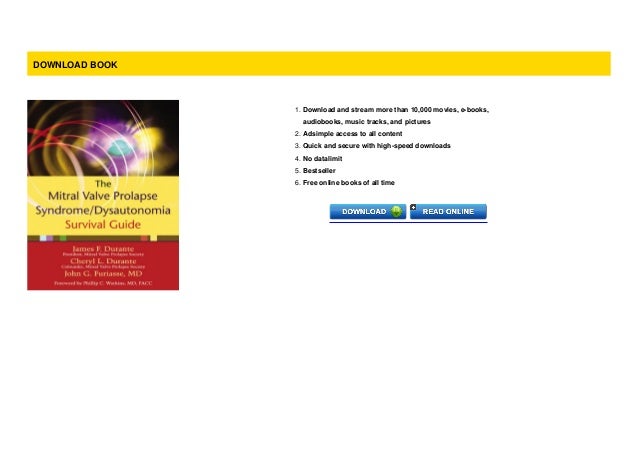



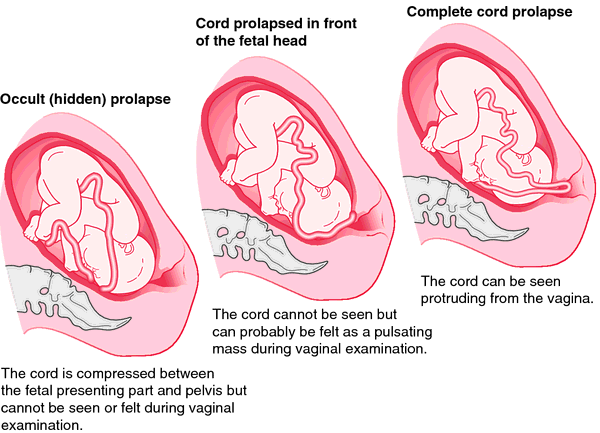








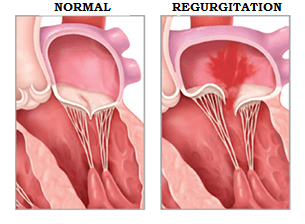



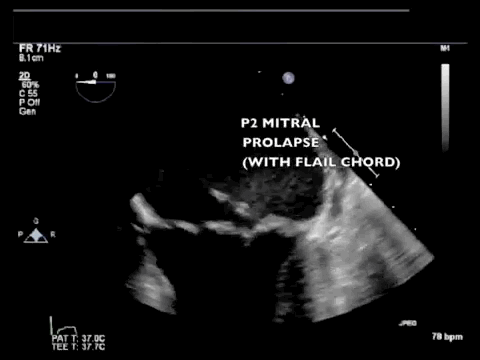







/GettyImages-728766361-5a7de714eb97de0037ebf5ad.jpg)





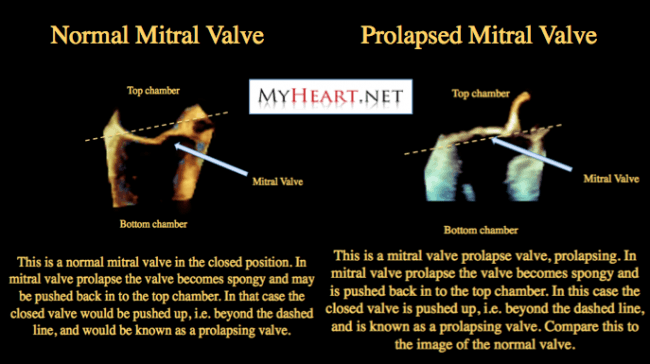



Post a Comment for "Mitral Valve Prolapse Syndrome Dysautonomia"